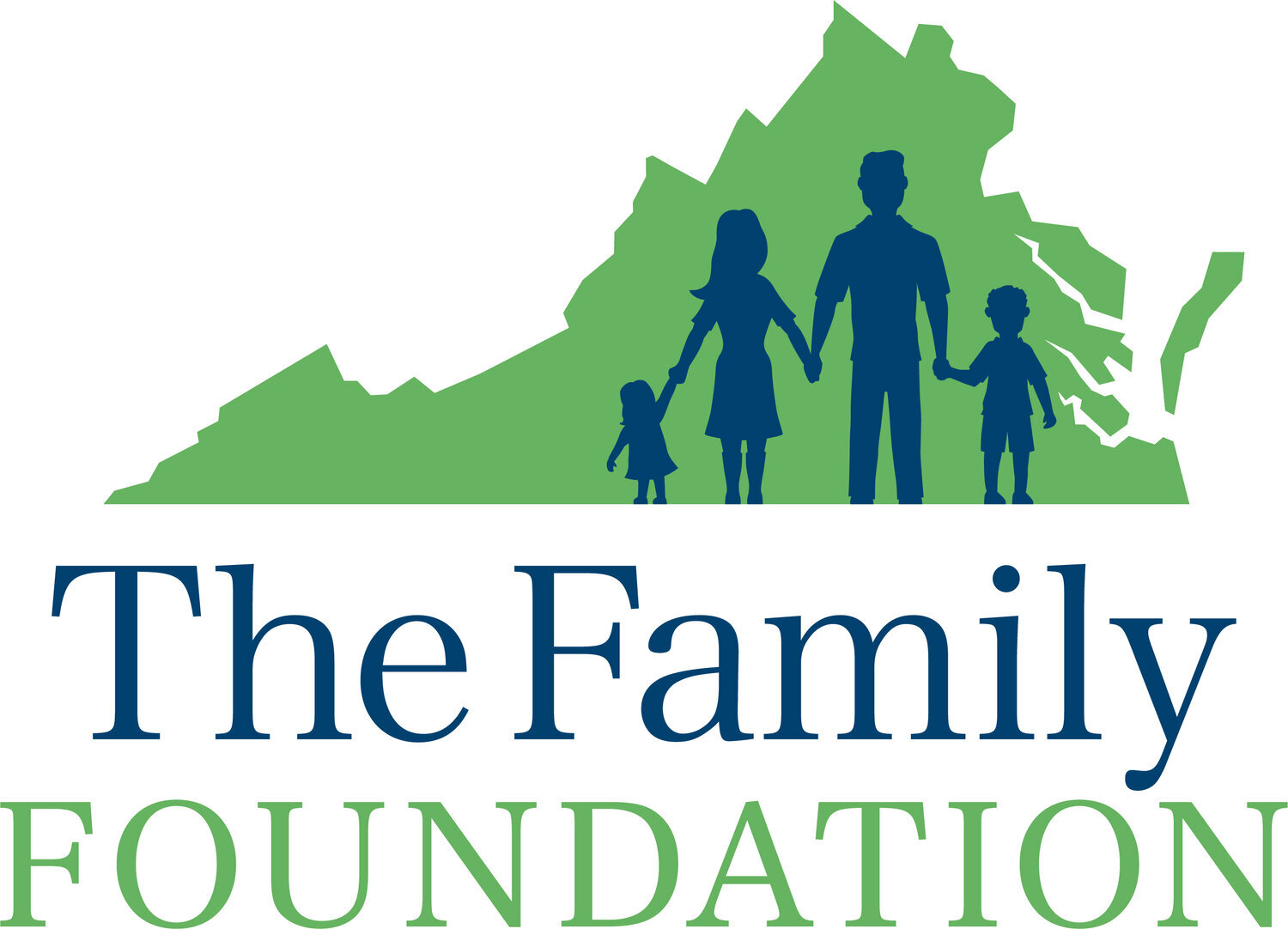Speak Up! Conversation Tips: Supreme Court Let Down - What’s Next?
This week the U.S. Supreme Court handed down a sweeping decision (Bostock vs. Clayton County)—with a 6-3 vote—basically redefining the meaning of “sex” under federal law. People watching mainstream news coverage mostly heard sugar-coated descriptions of how the Supreme Court just outlawed discrimination against LGBT people in the workplace. What they didn’t hear is how the Court engaged in radical overreach by legislating from the bench. For deeper analysis, review our blog. Below is a sample Q&A to help you talk to your friends about why they should care:
Question: I heard that the Supreme Court ruling gives much-needed job protections to gay or transgender people. What’s wrong with that? Shouldn’t we be in favor of protecting people against discrimination?
Answer:
This decision goes way beyond regulatory job protections—traditionally the purview of state and local governments—and completely redefines the meaning of “sex” in federal laws.
As Justice Brett Kavanaugh pointed out in his dissent, for 45 years there’ve been proposals in Congress to expand the definition of “sex” from just male and female to also include “sexual orientation” and/or “gender identity” in nondiscrimination laws—all to no avail. But the Court just overrode that democratic process, meaning justices essentially redrafted law rather than representatives who are accountable to voters.
It’s fair to say this is another Roe v. Wade style example of the court legislating from the bench and inventing special rights by redefining language.
Question: I still don’t understand the problem with adding special protections for gender identity and sexual orientation to federal nondiscrimination laws. What’s the big deal?
Answer:
We all agree that no person should be treated unfairly or cruelly at work—regardless of how they identify. But the sweeping nature of this decision creates a very real threat to the religious freedoms of Christian business owners, religious schools and churches.
What happens, for instance, when a pastor learns about an employee’s decision to enter into a same-sex marriage that conflicts with the church’s public, biblical teachings? What about a Christian school that wants to maintain its modesty policies and protect the privacy of young girls in locker rooms and showers, and as a result, prevents a biological male identifying as a girl from sharing those areas—will the school then be fined for violating federal law?
This hits even closer to home considering that Virginia just passed the broadest LGBT “nondiscrimination” law in the country, setting the stage for churches and religious schools to be penalized.
Question: What about claims this is going to hurt girls’ sports?
Answer:
Ironically, the civil rights laws at issue were originally put in place largely to protect equal opportunities for women. By essentially erasing the biological definition of sex, the Court has jeopardized that protection.
At the state level, we’ve already seen the havoc wreaked by “gender identity nondiscrimination” policies on women’s sports, including high school girls losing state track titles and feeling compelled to undress in front of biological males.
The Supreme Court made clear that this particular decision does not address whether there is protection for employers based on religious freedom rights. So the good news is, the door remains open for future legal decisions protecting the religious freedoms—the future could depend on courageous “Esthers” and “Daniels” willing to speak up.
Stay tuned for more Speak Up! Conversation Tips.




